Was assessed in 877 infants from the public hospital in rondônia (western amazon region, brazil) where shigella represents the fourth cause of diarrhea. A few can cause a severe large bowel infection (such as shigella colitis).

Pin On Journal Of Emerging Diseases And Virology
Parents can help prevent dehydration by encouraging their child to drink fluids even if just in small, frequent amounts.

Shigella colitis in babies. In 1999, a systematic review reported shigella to be responsible for 1.1 million deaths per year, 61% of which in children less than 5 years of age, based Diarrhoeal episodes estimate d to occur each year, 99% occur in developing countries, mainly in children. Tloned as a causatlive agent in dysenteri form gastroentenibis in infancy.
Blood cultures should be performed in infants younger Shigella bacteria cause an infection called shigellosis. Bacillary dysentery begins suddenly with fever and abdominal pain, and diarrhea begins shortly thereafter.
People with shigella infection should drink plenty of fluids to prevent dehydration. 18 were shigella flexneri, three shigella sonnei, three shigella boydii and one shigella dysenteriae. Enteropathogenic bacteriae may be broadly classified as invasive or non invasive.
These bacteria cause inflammation in. Signs of sepsis, stool should be tested for salmonella, shigella, campylobacter , yersinia , clostridium difficile , and stec. Coli that causes bloody diarrhea should also have two negative stool tests before they are allowed to return to the center.
Difficile is a serious cause that can occur after being on strong antibiotics. The hallmarks of shigellosis are bacterial invasion of the colonic epithelium and inflammatory colitis. Conversely, commensal bacteria live in a mutualistic relationship with the intestinal mucosa that is characterized by homeostat.
Necrotising enterocolitis infectious colitis eg: An assay for clostridium difficile toxins a & b should also be considered although infants may be asymptomatically colonized with this organism. Coli, yersinia, clostridium, campylobacter congenital gut anomalies eg:
An early symptom, diarrhea (possibly elicited by enterotoxins and/or cytotoxin), may occur as the organisms pass through the small intestine. Children infected with shigella or e. Volvulus, hirschsprungs, meckels diverticulum, intussusception
Shigella o situations when antibiotics would be appropriate: Penetration and systematic invasion (small bowel and colon). Most bacterial diarrhea goes away on its own.
Antibiotics can shorten the time you have fever and diarrhea by about 2 days. Babies are vulnerable to gastrointestinal infections, but not all infections lead to bloody stool. 18 were shigella flexneri, three shigella sonnei, three shigella boydii and one shigella dysenteriae.
Coli destruotion yersinia (small bowel and colon). 127 , 128 a stool specimen may be analyzed for the presence of white blood cells, and specifically for. Shigella most common cause of acute dysentery worldwide (“bacillary dysentery”)1 global incidence:
If the blood is accompanied by diarrhea, then it can be an intestinal infection by bacteria such as shigella, salmonella, or campylobacter. Most people recover without needing antibiotics. The incidence of shigella spp.
It is a logical hypothesis that, if bacteria are causing gastroenteritis,. Possible complications from shigella infections include:. These medications may make symptoms worse.
Stool studies for bacterial pathogens, such as salmonella and shigella, should be considered in the setting of rectal bleeding. Shigellae may cause asymptomatic infection, mild gastroenteritis, or bacillary dysentery. (see below for more on this).
Shigella species bacilli are highly infective, virulent, invasive, gram negative rods watery diarrheal illness associated with fever and abdominal pain is common with progression to dysentery (severe diarrhea with blood or mucus in stool) occurring in up to ½ of patients, in rare instances, more commonly in children, elderly, or debilitated patients infection is fatal The incidence of shigella spp. Most people with shigella infection have diarrhea (sometimes bloody), fever, and stomach cramps.
This is the health problem where the body has lost too much fluid.

For Preterm Babies At Gestational Age 34 Weeks With Asymptomatic Download Scientific Diagram

7 Signs Of A Healthy Baby - To Be The Perfect Mother Burping Baby Healthy Babies Breastfed Baby
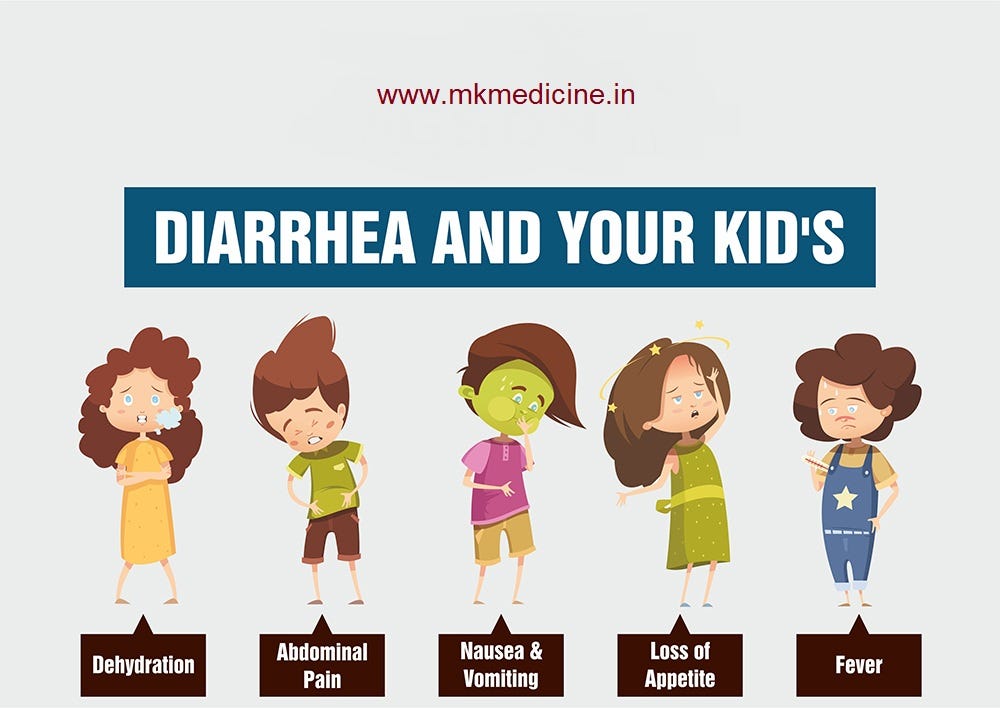
Diarrhea Your Kids What Causes Diarrhea By Mk Medicine Mk-medicine Medium
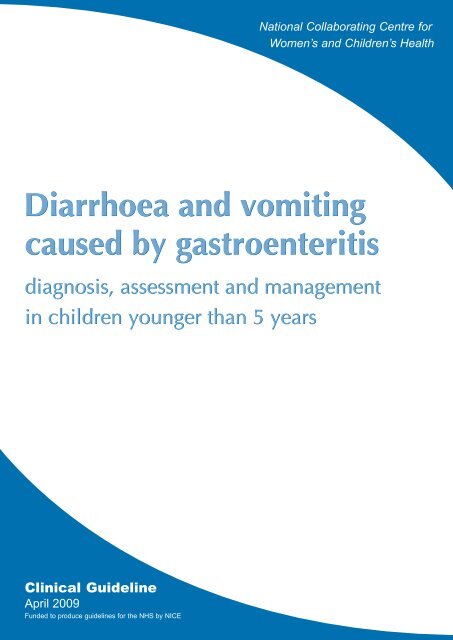
Diarrhoea And Vomiting Caused By Gastroenteritis - Nice

Baby Diarrhea Causes Treatments And When To Worry

Baby Diarrhea Causes Treatments And When To Worry

5 Common Causes Of Bloody Stool In Babies And What To Do Parents

Diarrhea 0-12 Months - Angel Kids Pediatrics

Pin On Journal Of Emerging Diseases And Virology
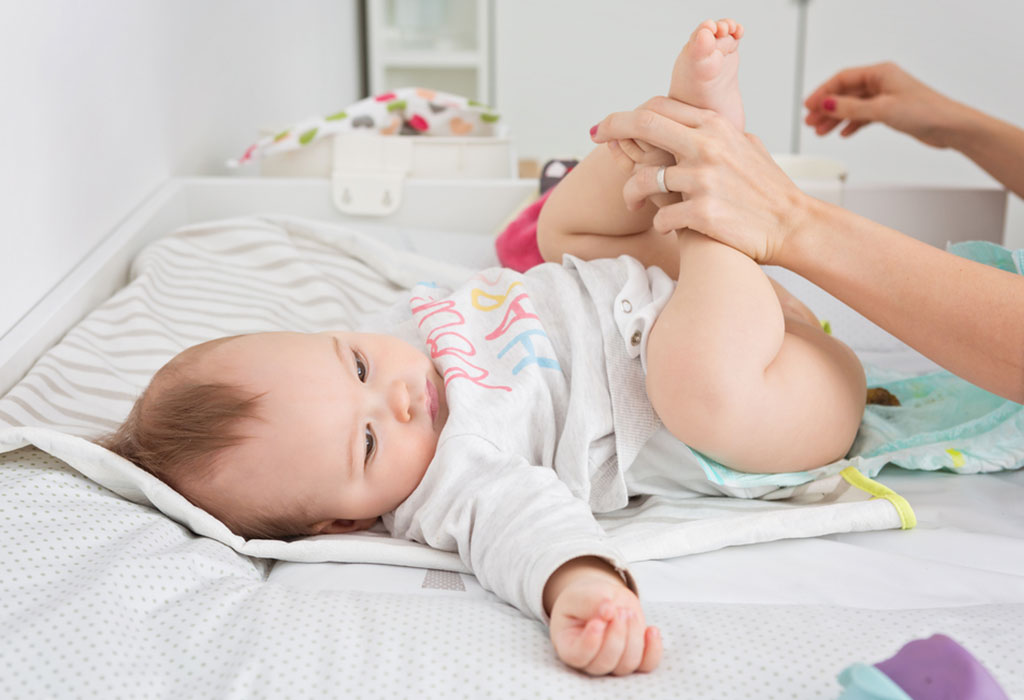
Blood Spots In Babys Stool Reasons Treatment Prevention

Shigella Gastroenteritis Infanttoddler

Longitudinal Changes In Fecal Calprotectin Levels Among Pregnant Women With And Without Inflammatory Bowel Disease And Their Babies - Sciencedirect

Pin On Journal Of Emerging Diseases And Virology

Pin On Parenting Survival Guide

3xdbctwvz9zgtm

Blood In Toddler Stool Causes Treatment And When To See A Doctor
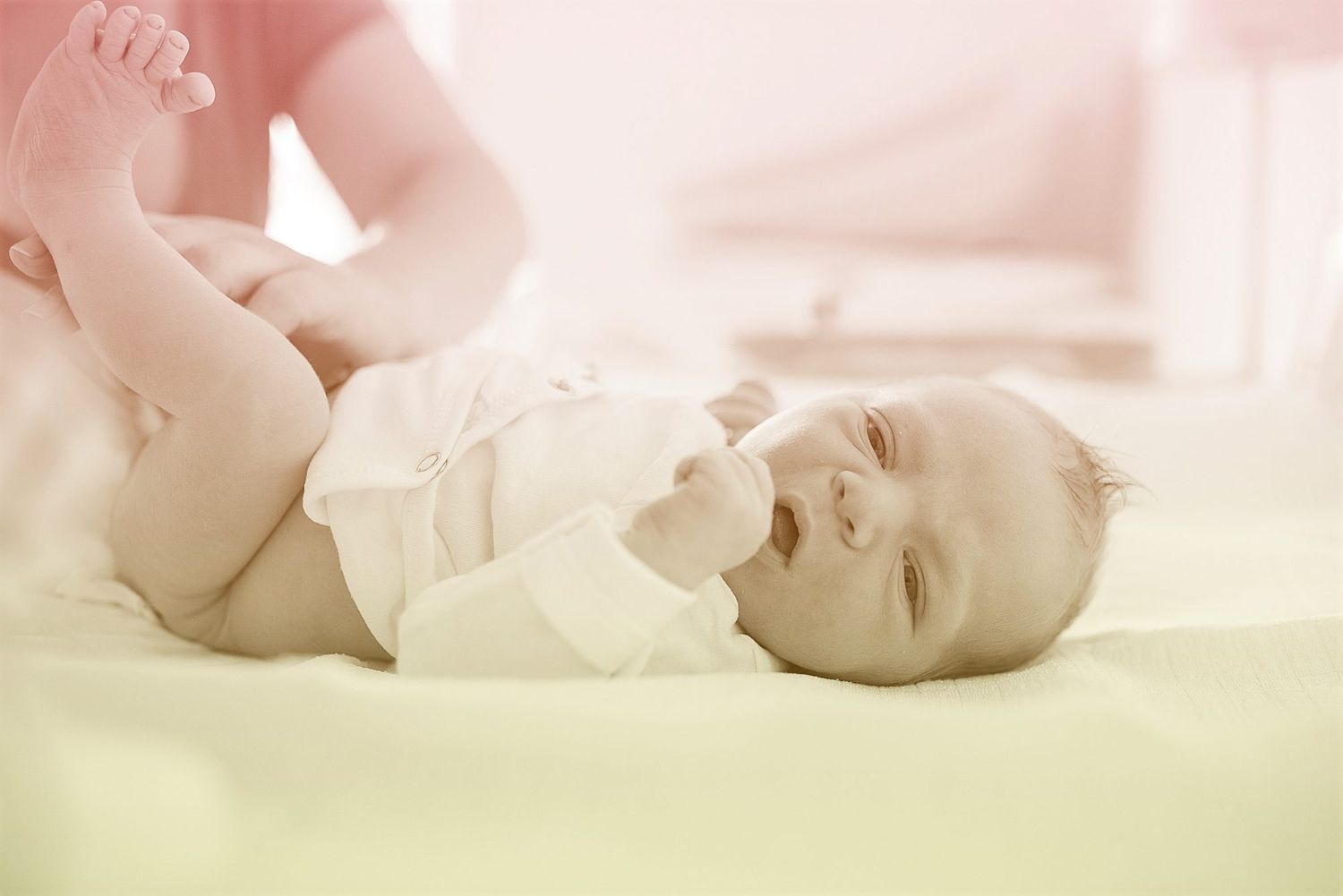
5 Common Causes Of Bloody Stool In Babies And What To Do Parents

Pin On Journal Of Emerging Diseases And Virology
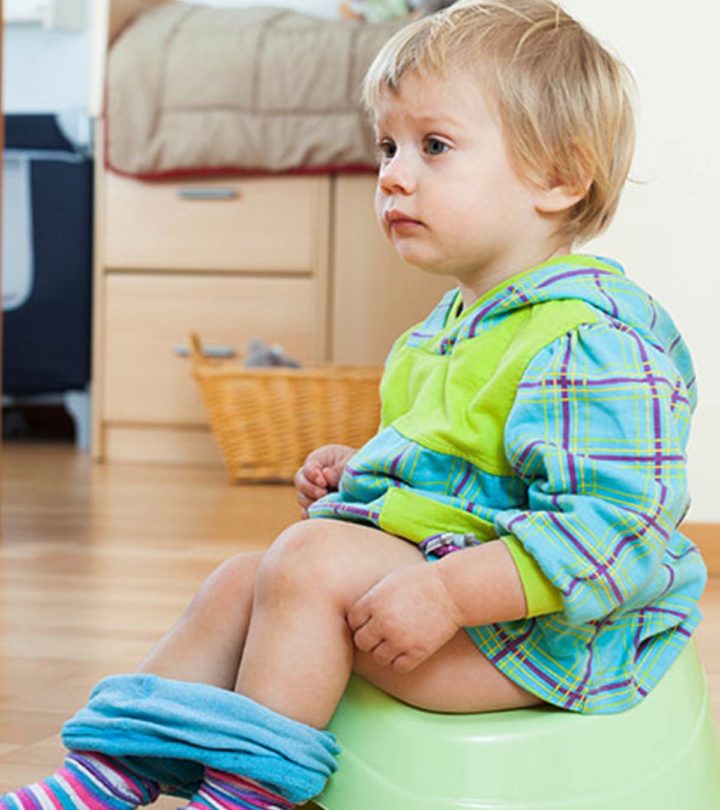
Diarrhea In Toddlers Causes Symptoms Treatments And More
